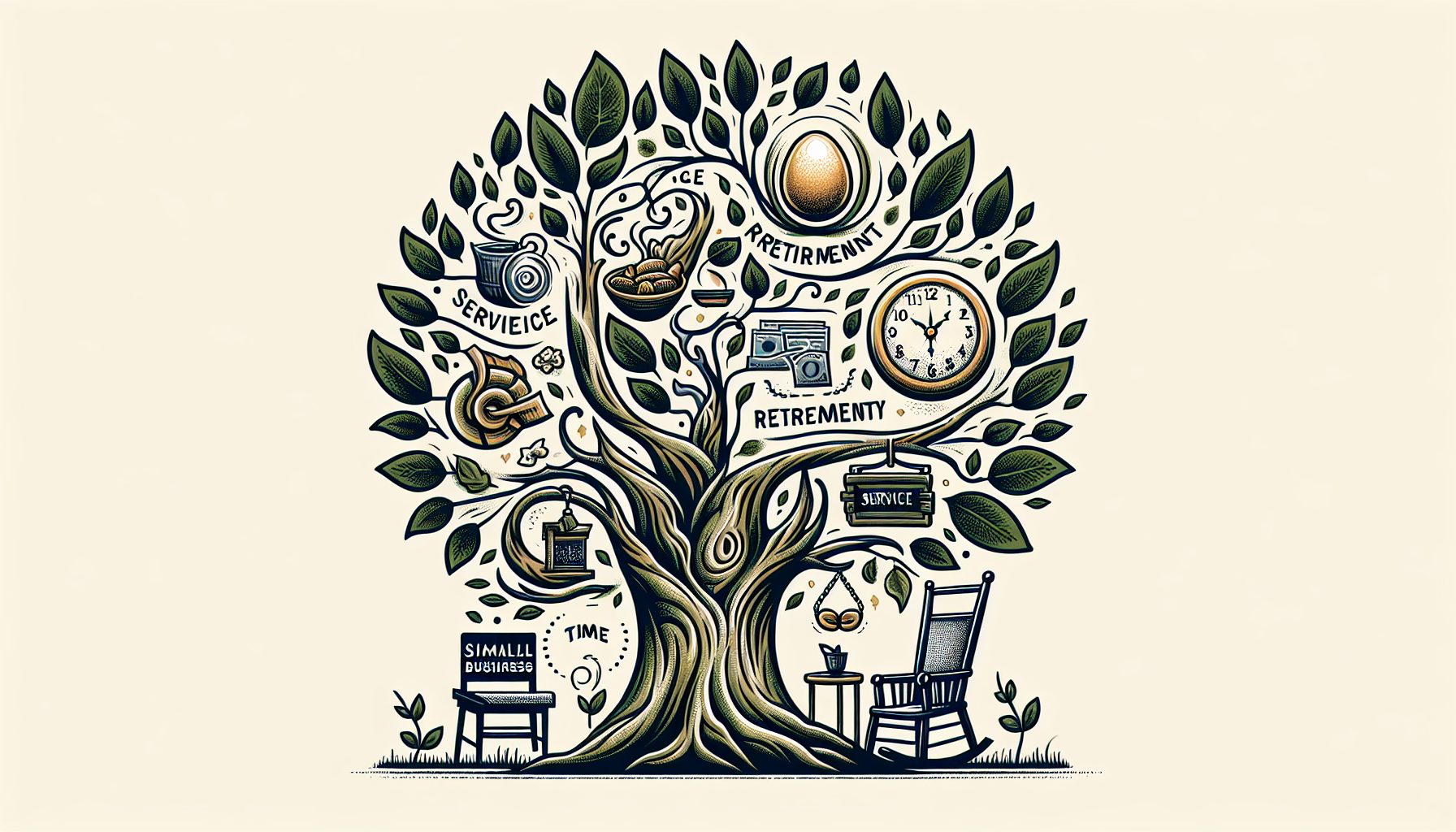These days, mobility is rippling through almost every industry and ushering in an array of sophisticated capabilities. Consequently, ?IT must view itself as a facilitator and enabler for the business,? observes Clinton Smith, manager of IT risk and compliance for Grant Thornton.
Not surprisingly, many organizations are focused on cost cutting and productivity gains. For example, at The University of Texas Medical Branch (UTMB), a hospital, specialty clinic and teaching institution based in Galveston, managing and servicing medical equipment is a huge challenge. In the past, technicians wandered through the facility and called or checked in with a supervisor to receive their next assignment.
That?s no longer necessary. PCs and iPhones have replaced manual processes. Technicians receive notifications via e-mail and text messages that direct them to the next task. With an IBM Maximo Asset Management applet on their iPhones, they?re able to view work orders and enter pertinent data into the system. This approach has reduced errors and mix-ups and ushered in productivity gains that might exceed 20 percent. ?We?ve eliminated numerous inefficiencies,? states David Reynolds, director of fixed assets for UTMB.
At Wells Fargo, the focus is on revenue generation and providing a level of service that today?s customers demand. The bank, with 6,650 retail branches and more than 48 million customers, has made mobility a key component of its business. For example, it now offers banking services through mobile channels: text banking, a mobile browser and specialized smartphone applications.
Nearly 25 percent of the customers who bank online also use mobile banking to check balances, make transfers and pay bills, explains Secil Watson, senior vice president of mobile banking for Wells Fargo. These approximately 4.1 million individuals typically use their mobile devices for banking seven times per month.
Meanwhile, customers that use text banking send about two dozen messages per month. Over time, Wells Fargo is also morphing physical and virtual tools. For instance, customers can have ATM receipts sent to their e-mail addresses rather than receiving paper.
?Mobil solutions are an important part of business,? Watson says. ?It?s essential to provide the level of service that customers demand.?








